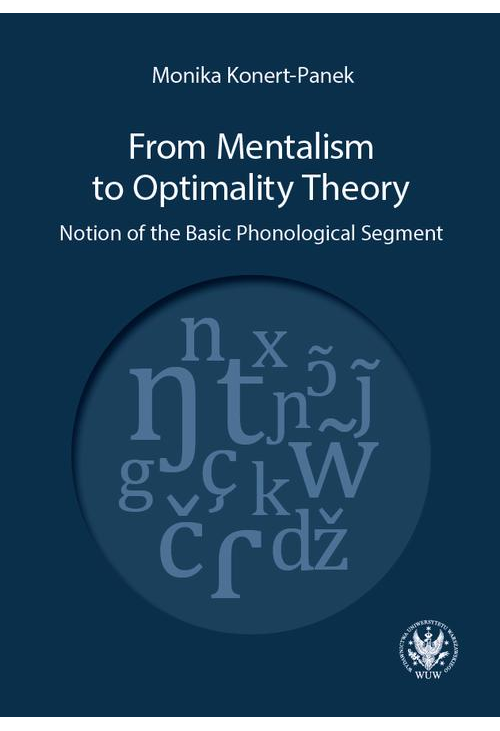
- Za darmo
ebook From Mentalism to Optimality Theory Notion of the Basic Phonological Segment
"From Mentalism to Optimality Theory" autorstwa Moniki Konert-Panek to fascynujące studium podstawowego segmentu fonologicznego z perspektywy wybranych europejskich i amerykańskich teorii fonologicznych. Publikacja wydana przez Wydawnictwa Uniwersytetu Warszawskiego w 2021 roku, dostępna jest również w formacie ebooka w sklepie z książkami elektronicznymi.
Głównym celem tej pracy jest ukazanie różnic w metodologii i prognozach każdej z tych teorii, co jest istotne przy ustalaniu podstawowego segmentu fonologicznego. Autorka analizuje dane z języka angielskiego, polskiego, niemieckiego oraz rosyjskiego, skupiając się na kwestiach biuniwersalności i nakładania się, symetrii systemu fonologicznego oraz poziomów reprezentacji fonologicznej.
Dzięki przejrzystemu i przystępnemu językowi, publikacja ta jest dostępna nie tylko dla specjalistów zajmujących się fonologią, ale także dla osób zainteresowanych ogólną lingwistyką. Prof. Paula Orzechowska z Uniwersytetu Adama Mickiewicza w Poznaniu podkreśla, że książka stanowi ważny wkład do dyskusji na temat teorii fonologicznych, demonstrując spójnie różnice między kluczowymi koncepcjami i możliwościami wyjaśniającymi poszczególnych ram teoretycznych.
Książka jest licencjonowana na warunkach Creative Commons Uznanie autorstwa 3.0 PL (CC BY 3.0 PL), co pozwala na swobodne wykorzystanie jej treści zgodnie z pełną licencją dostępną pod adresem:
Dr Monika Konert-Panek (ORCID 0000-0002-1463-3357) jest adiunktem w Instytucie Komunikacji Specjalistycznej i Interkulturowej na Uniwersytecie Warszawskim, a jej zainteresowania badawcze koncentrują się na fonetyce i fonologii języka angielskiego oraz socjolingwistyce.
Jeśli interesujesz się lingwistyką lub po prostu szukasz ciekawych ebooków do czytania, "From Mentalism to Optimality Theory" jest idealną lekturą dla Ciebie! Możesz łatwo pobrać tę publikację w formacie PDF i cieszyć się swoim e-bookiem na dowolnym urządzeniu.
Spis treści ebooka From Mentalism to Optimality Theory
Symbols and abbreviations 9Acknowledgements 11
Preface 13
Chapter 1. Theoretical background 19
1.1. The Kazan School: Kruszewski’s theory of
alternations 19
1.2. The Prague School: functionalist structuralism
22
1.3. Distributional structuralism 27
1.4. Early Generative Phonology 34
1.5. Natural Generative Phonology 41
1.6. Lexical Phonology 43
1.7. Optimality Theory 48
1.8. Partial conclusions 50
Chapter 2. Biuniqueness and overlapping 51
2.1. The status of flap in American English 51
2.1.1. Basic generalisations 52
2.1.2. The Kazan School: Kruszewski’s theory
of alternations 52
2.1.3. The Prague School: functionalist
structuralism 55
2.1.4. Distributional structuralism 56
2.1.5. Early Generative Phonology 58
2.1.6. Natural Generative Phonology 60
2.1.7. Lexical Phonology 60
2.1.7.1. Borowsky’s analysis 60
2.1.7.2. Rubach’s analysis 62
2.1.7.3. Lexical Phonology: partial conclusions
66
2.1.8. Optimality Theory 66
2.1.9. Flapping in American English: partial
conclusions 67
2.2. The status of angma in English 68
2.2.1. Basic generalisations 68
2.2.2. The Kazan School: Kruszewski’s theory
of alternations 69
2.2.3. The Prague School: functionalist
structuralism 70
2.2.4. Distributional structuralism 71
2.2.4.1. Sapir’s analysis 71
2.2.4.2. Jones’s analysis 72
2.2.4.3. Distributional structuralism: partial
conclusions 74
2.2.5. Early Generative Phonology 74
2.2.6. Natural Generative Phonology 77
2.2.7. Lexical Phonology 78
2.2.8. Optimality Theory 83
2.3. Partial conclusions 87
Chapter 3. Symmetry of a phonological system 88
3.1. Basic generalisations: Nasal Assimilation and
Nasal Gliding 89
3.2. The Kazan School: Kruszewski’s theory of
alternations 90
3.3. The Prague School: functionalist structuralism
95
3.4. Distributional structuralism 99
3.5. Early Generative Phonology 103
3.6. Natural Generative Phonology 109
3.7. Lexical Phonology 114
3.8. Optimality Theory 116
3.9. Partial conclusions 120
Chapter 4. Levels of phonological representation 123
4.1. Phonemic representation 124
4.1.1. Voice Asssimilation: basic generalisations
124
4.1.2. The Kazan School: Kruszewski’s theory
of alternations 126
4.1.3. The Prague School: functionalist
structuralism 128
4.1.4. Distributional structuralism vs.
generativism: Halle’s analysis 130
4.1.5. Schane: The Phoneme Revisited 131
4.1.6. Natural Generative Phonology 133
4.1.7. Lexical Phonology 134
4.1.8. Optimality Theory 140
4.1.9. Voice Assimilation: partial conclusions 146
4.2. Morphophonological representation 147
4.2.1. The problem of German ch: basic
generalisations 147
4.2.2. The Kazan School: Kruszewski’s theory
of alternations 148
4.2.3. The Prague School: functionalist
structuralism 150
4.2.4. Distributional structuralism 151
4.2.5. Early Generative Phonology 156
4.2.6. Natural Generative Phonology 157
4.2.7. Lexical Phonology 159
4.2.8. Optimality Theory 165
4.2.9. The problem of German ch: partial
conclusions 168
Chapter 5. Conclusions 170
References 173
Index of names 178
Index of subjects 180
Szczegóły ebooka From Mentalism to Optimality Theory
- Wydawca:
- Wydawnictwa Uniwersytetu Warszawskiego
- Rok wydania:
- 2021
- Typ publikacji:
- Ebook
- Język:
- angielski
- Format:
- epub mobi pdf
- Liczba stron:
- 182
- Miejsce wydania:
- Warszawa
- ISBN dla wersji papierowej:
- 9788323554240
Recenzje ebooka From Mentalism to Optimality Theory
-
Reviews (0)

Na jakich urządzeniach mogę czytać ebooki?
- Za darmo




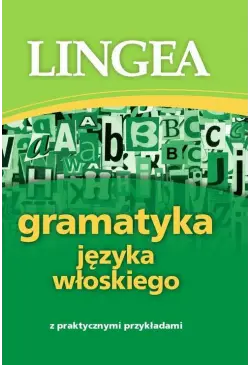


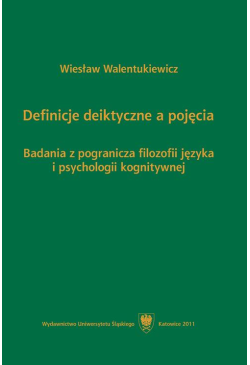

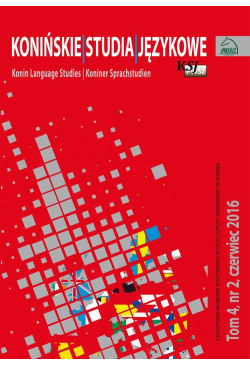

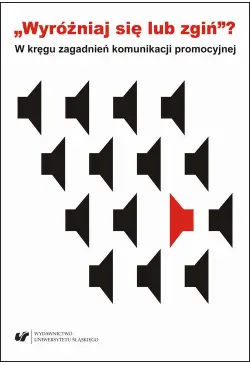
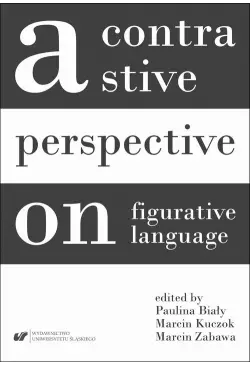


@CUSTOMER_NAME@
@COMMENT_TITLE@
@COMMENT_COMMENT@